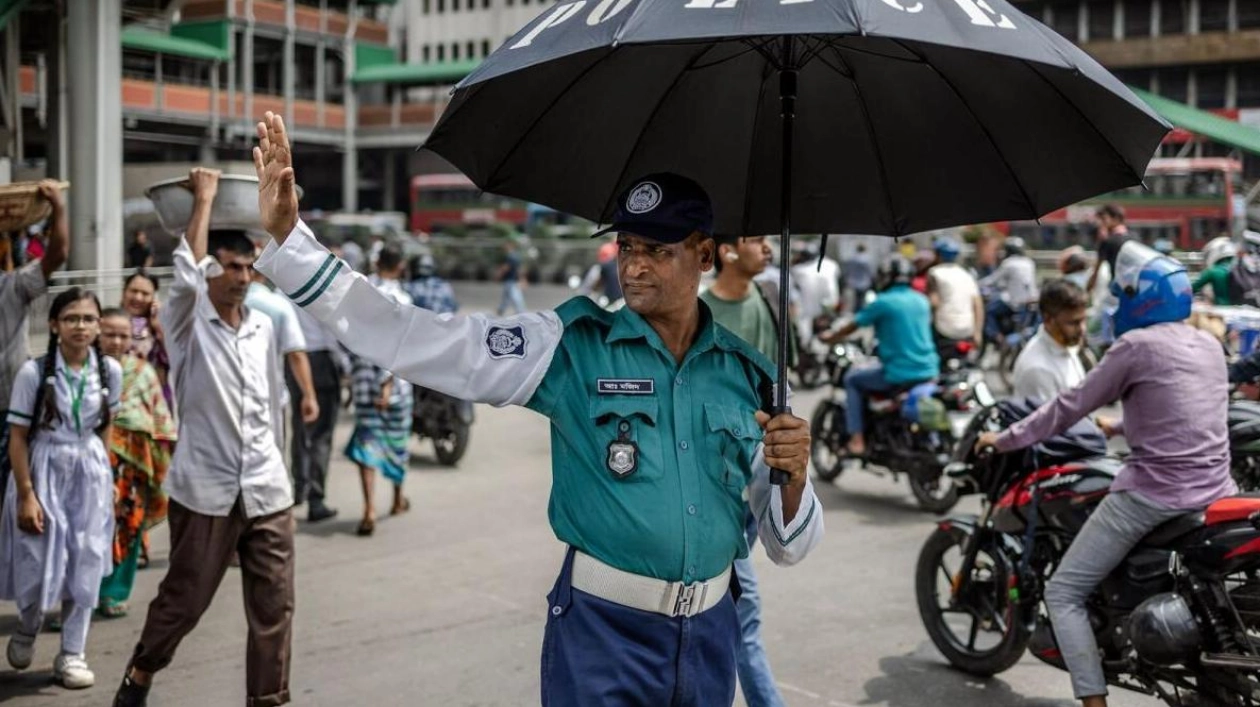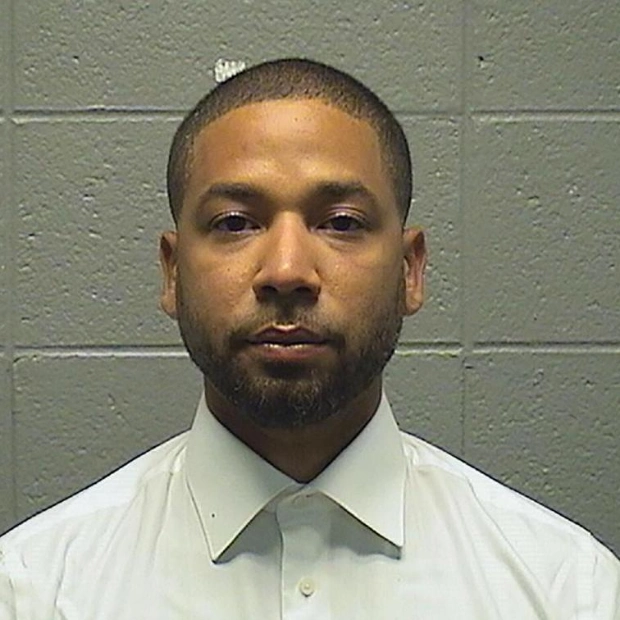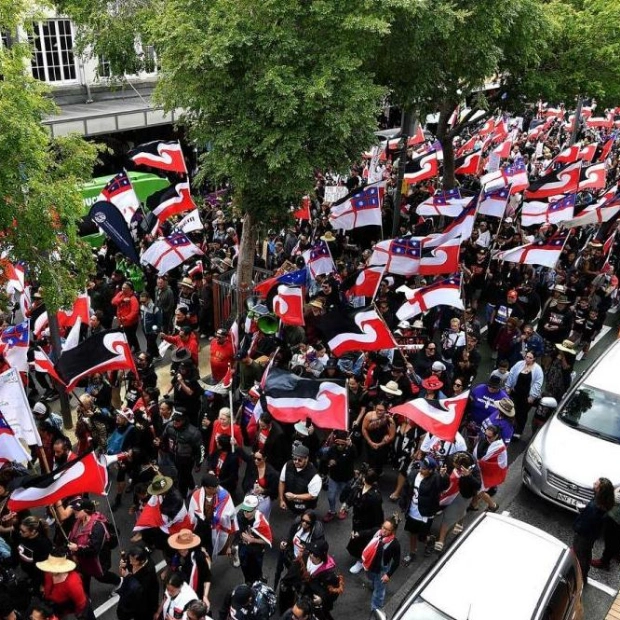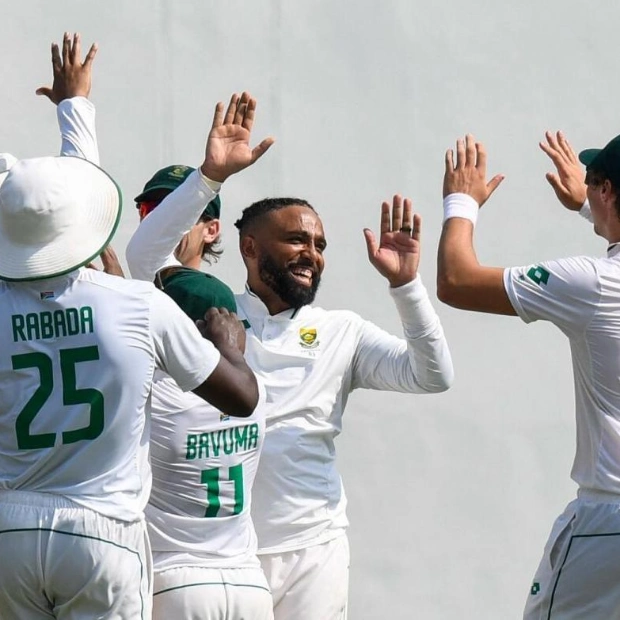Bangladeshi police resumed patrols in the capital city of Dhaka on Monday, bringing an end to a week-long strike that had created a vacuum in law and order following the sudden removal of the autocratic former Prime Minister Sheikh Hasina. The police had disappeared from the streets of the sprawling city, home to 20 million people, after Hasina's resignation and subsequent departure abroad concluded her 15-year rule. The police, who were deeply unpopular for leading a deadly crackdown on weeks of protests that led to her ouster, with 42 officers among the over 450 people killed, had initially refused to return to work until their safety was assured. However, they agreed to resume duties after late-night discussions with the new interim government led by Nobel laureate Muhammad Yunus.
"It's good to be back," said Assistant Commissioner Snehasish Das to AFP while directing traffic at a busy intersection. "Now that we feel secure, we are back on duty." The student-led protests against Hasina's government had been mostly peaceful until the police tried to violently disperse them. About 450 of the country's 600 police stations were attacked with arson and vandalism over the past month, according to the national police union. Some stations began reopening late last week under army guard, as the military, which largely refrained from participating in the crackdown, is held in higher regard.
In the absence of the police, the students who spearheaded the protests that led to Hasina's downfall stepped in to maintain law and order. They took on roles as traffic wardens, organized neighborhood watch patrols at night, and guarded Hindu temples and other places of worship, effectively quelling the unrest. Das noted there was "no tension" between the police and the students who had been fulfilling their duties. "Students have done an outstanding job in the past few days," he added. "We are grateful to them."
Yunus's "council of advisors," the acting cabinet of the country, expressed deep concern over some attacks on Hindus and other minorities. In their first official statement on Sunday night, the cabinet pledged to work on finding solutions to such heinous attacks. Bangladeshi Hindus, who make up around eight percent of the country's 170 million population, have often been targets of violence during times of turmoil. Hundreds have sought to cross into India since last week.
The leadership of Jamaat, Bangladesh's largest Islamist party, announced plans to meet with Hindu community representatives and other minority leaders later Monday to alleviate tensions. Hasina, 76, escaped by helicopter to neighboring India a week ago as protesters filled the streets of Dhaka, marking a dramatic end to her authoritarian rule. Her government was widely criticized for human rights violations, including the extrajudicial killing of thousands of political opponents. However, the new Home Minister Sakhawat Hossain stated that the government had no plans to ban Hasina's Awami League party, acknowledging its contributions to Bangladesh and suggesting it should participate in future elections.
Interim leader Yunus returned from Europe on Thursday to lead a temporary administration tasked with guiding democratic reforms. The 84-year-old, who won the Nobel Peace Prize in 2006 for his groundbreaking work in microfinance, has taken the role of "chief advisor" to a caretaker administration, composed mostly of civilians with the exception of retired Brigadier-General Hossain. Yunus has expressed his intention to hold elections "within a few months."






